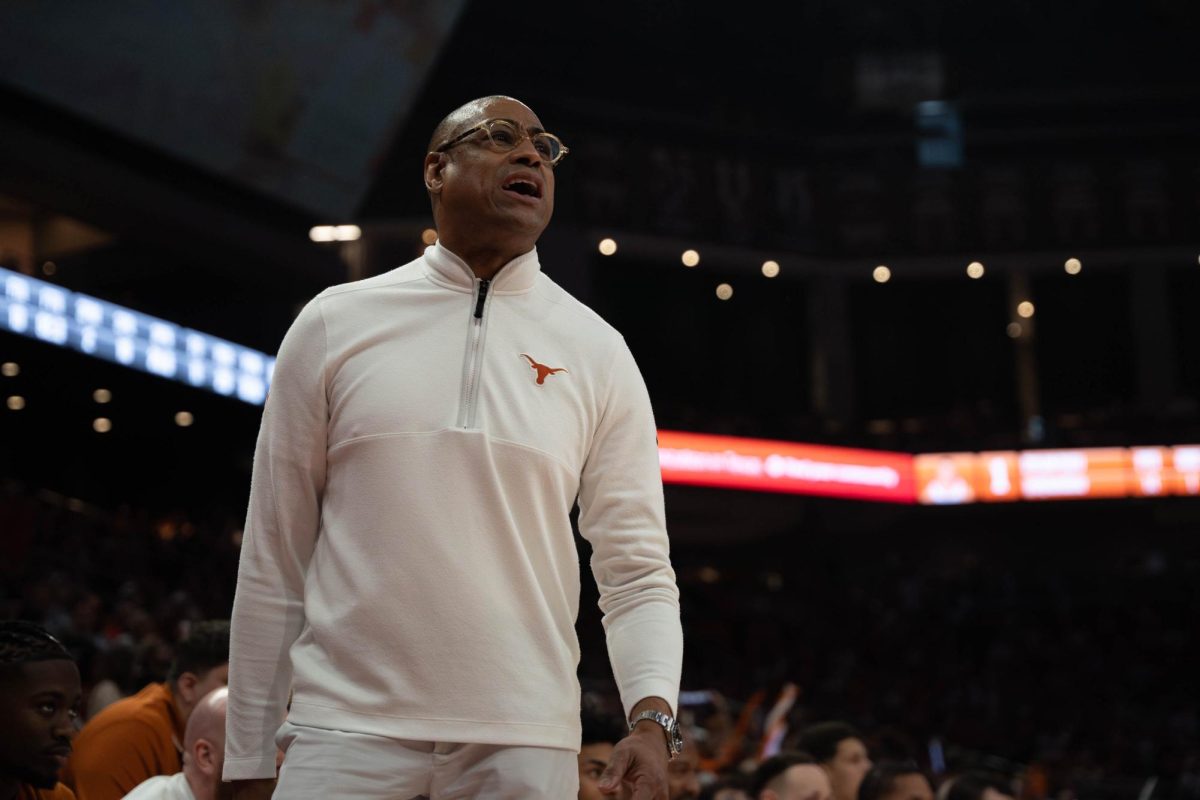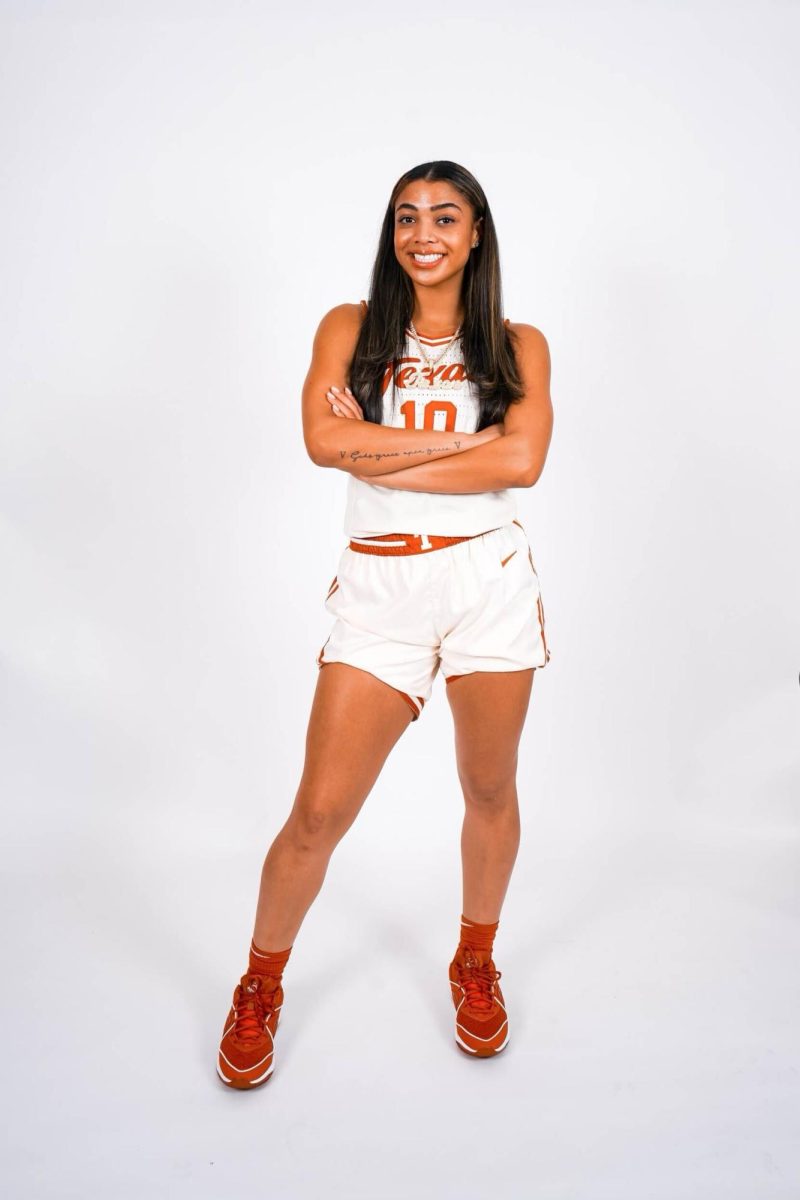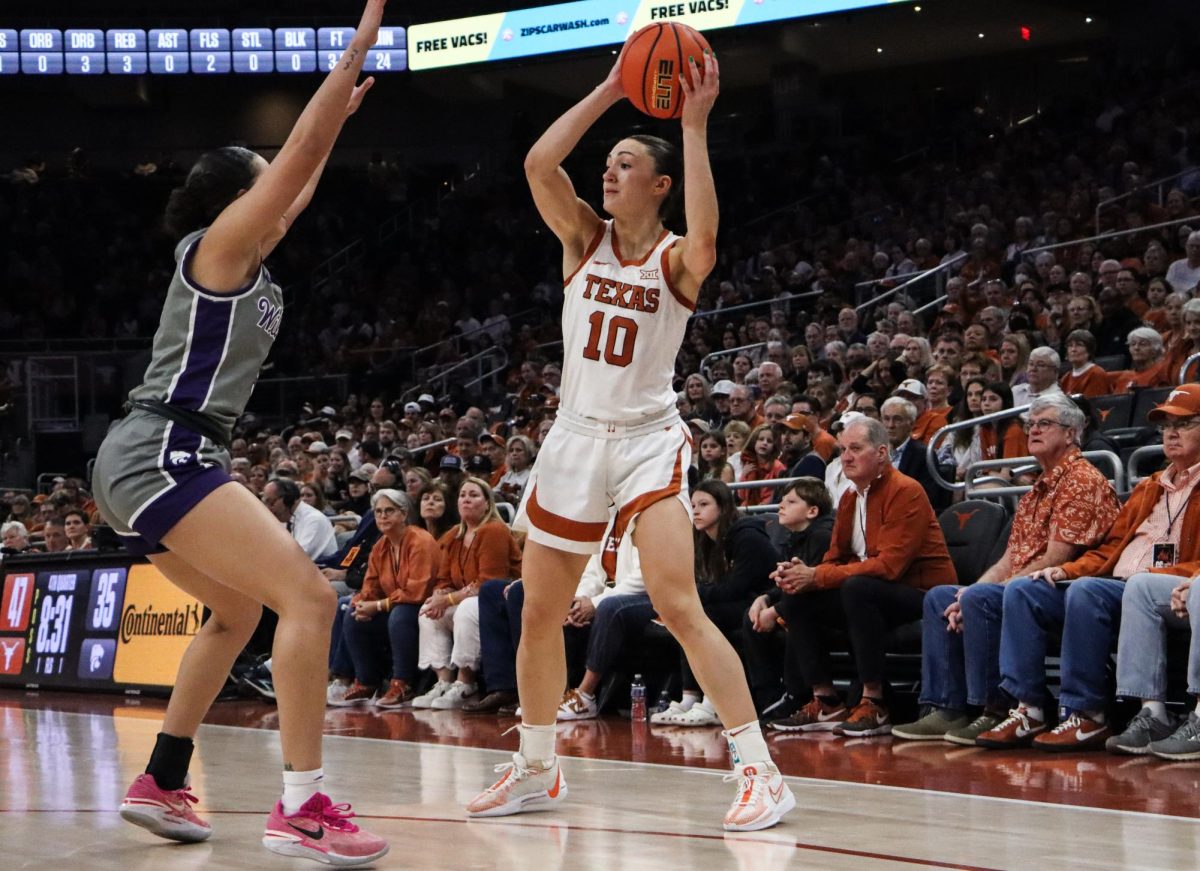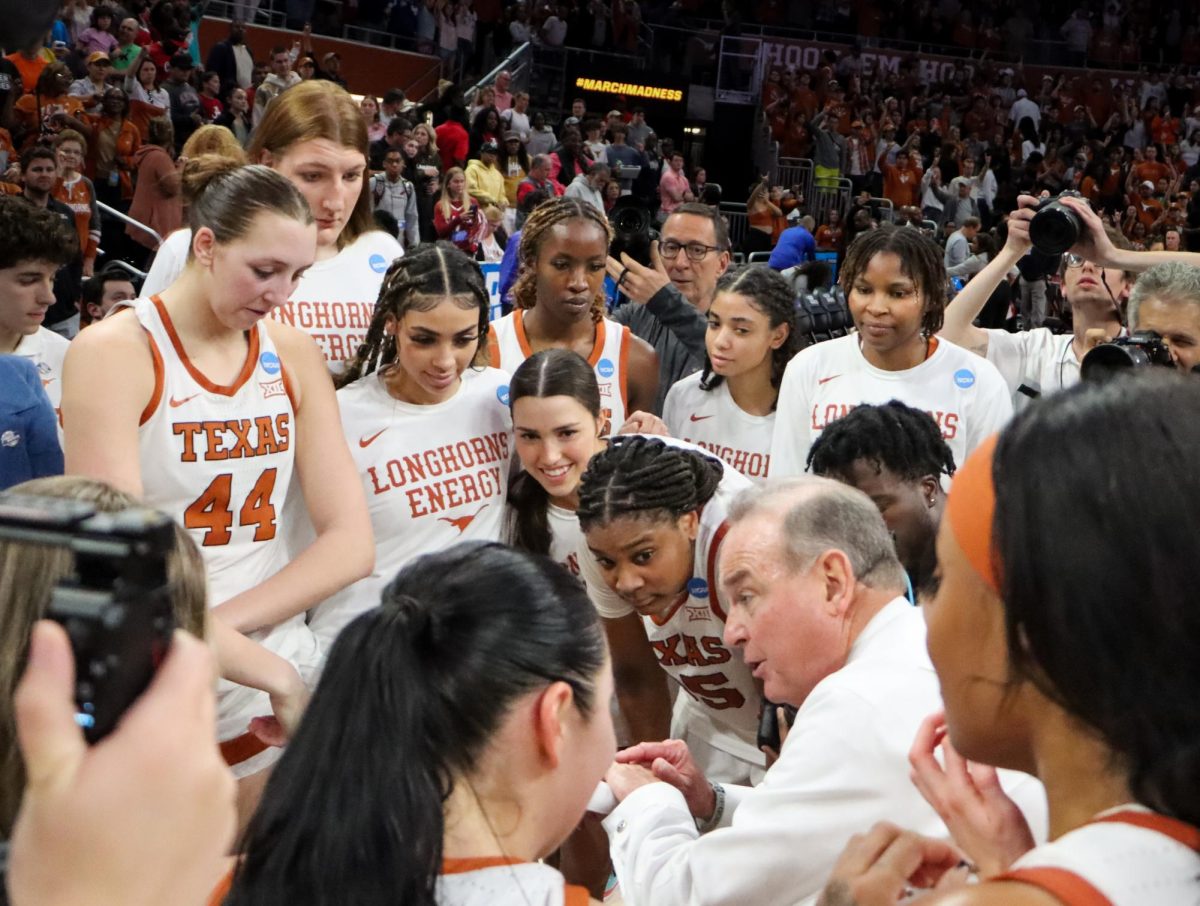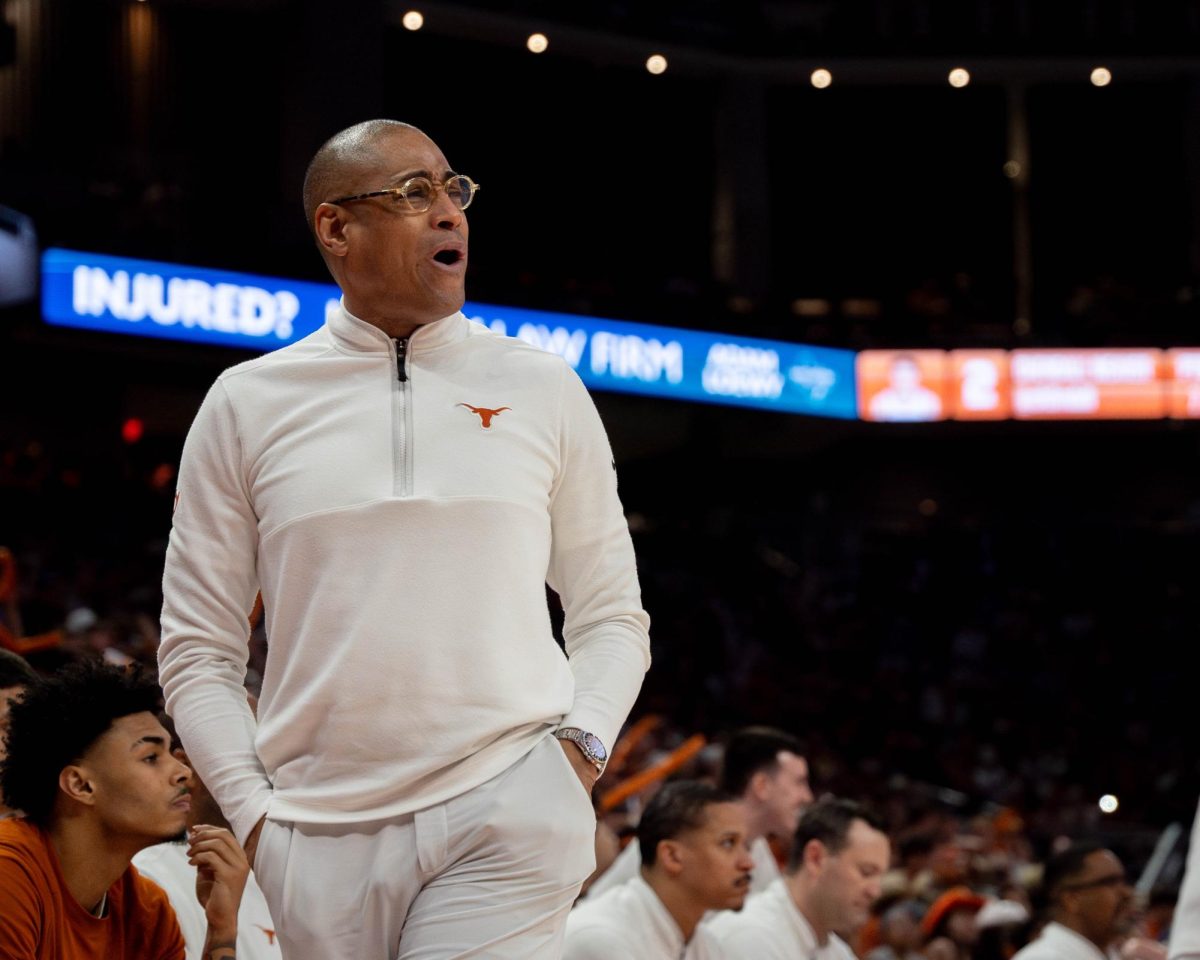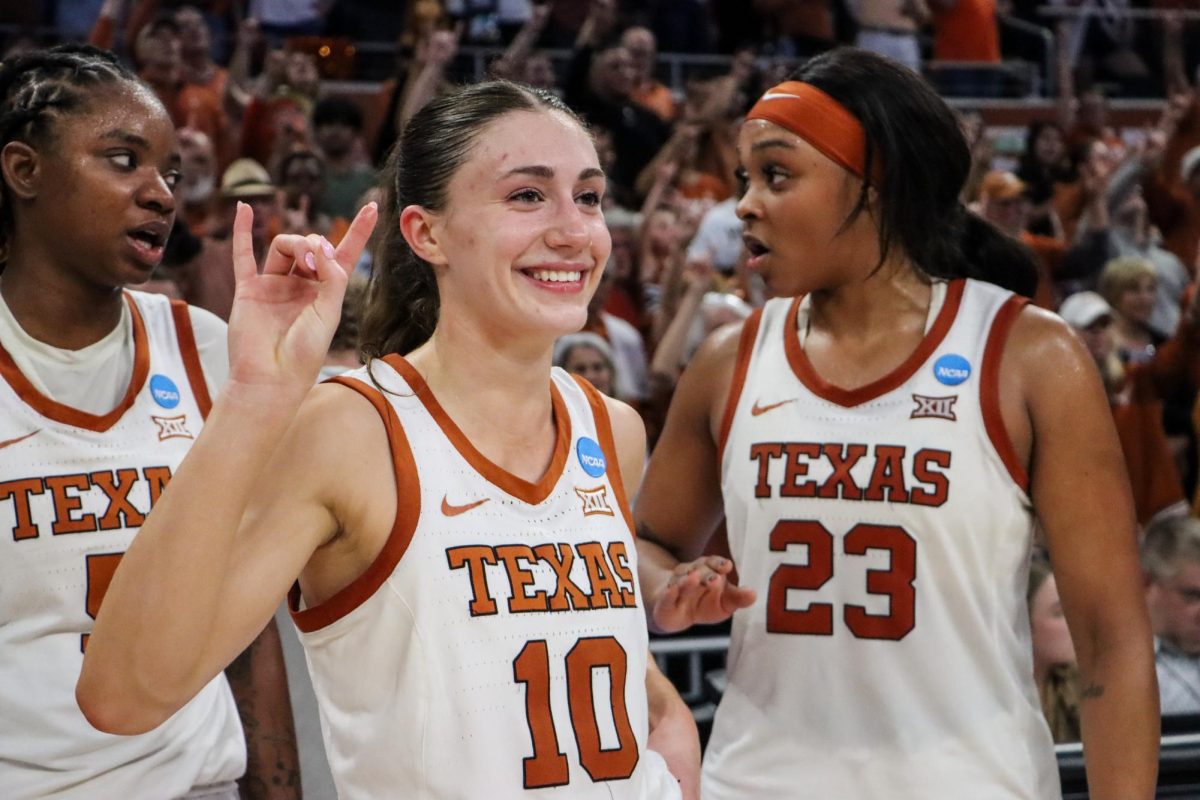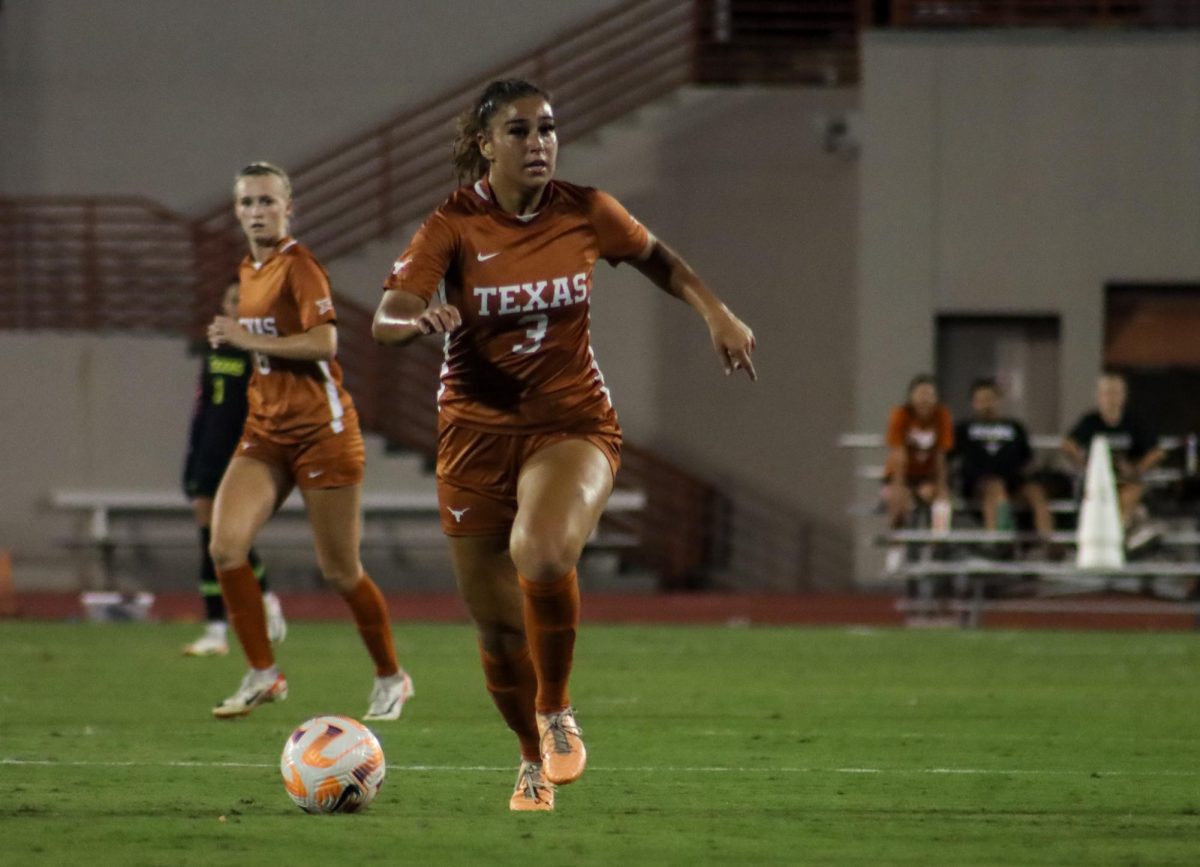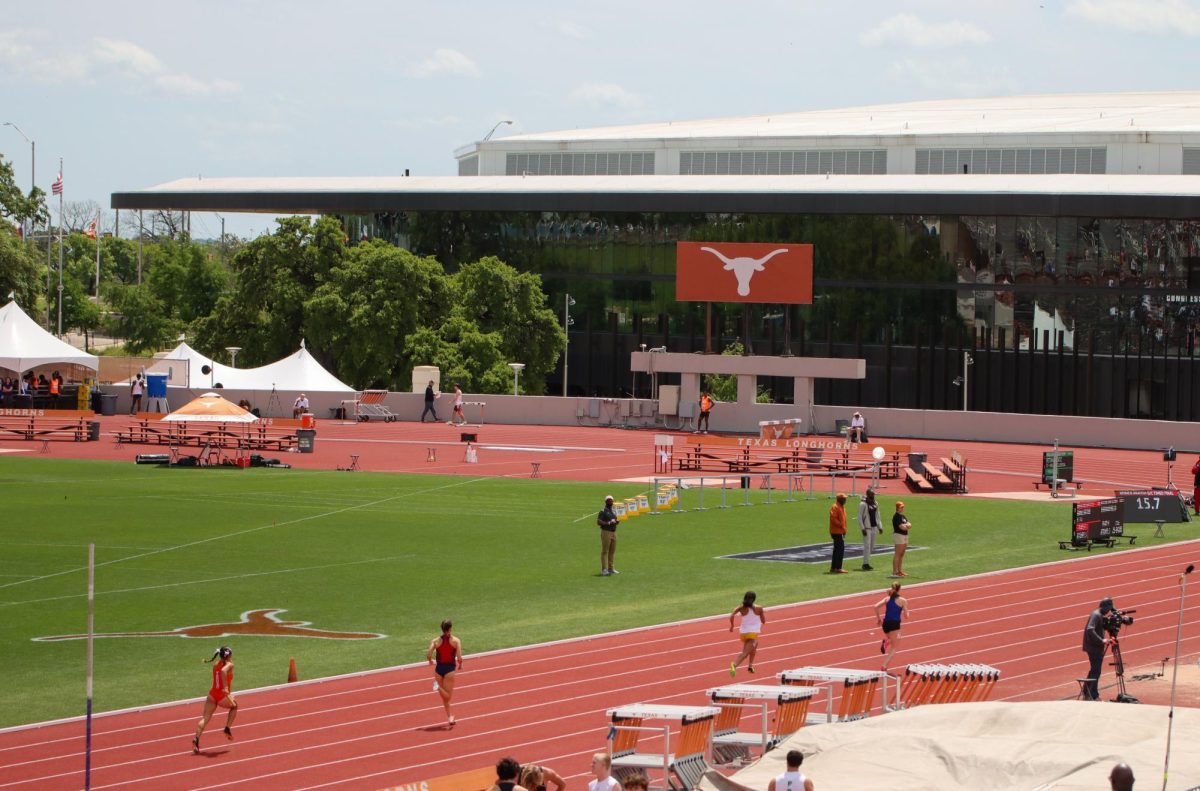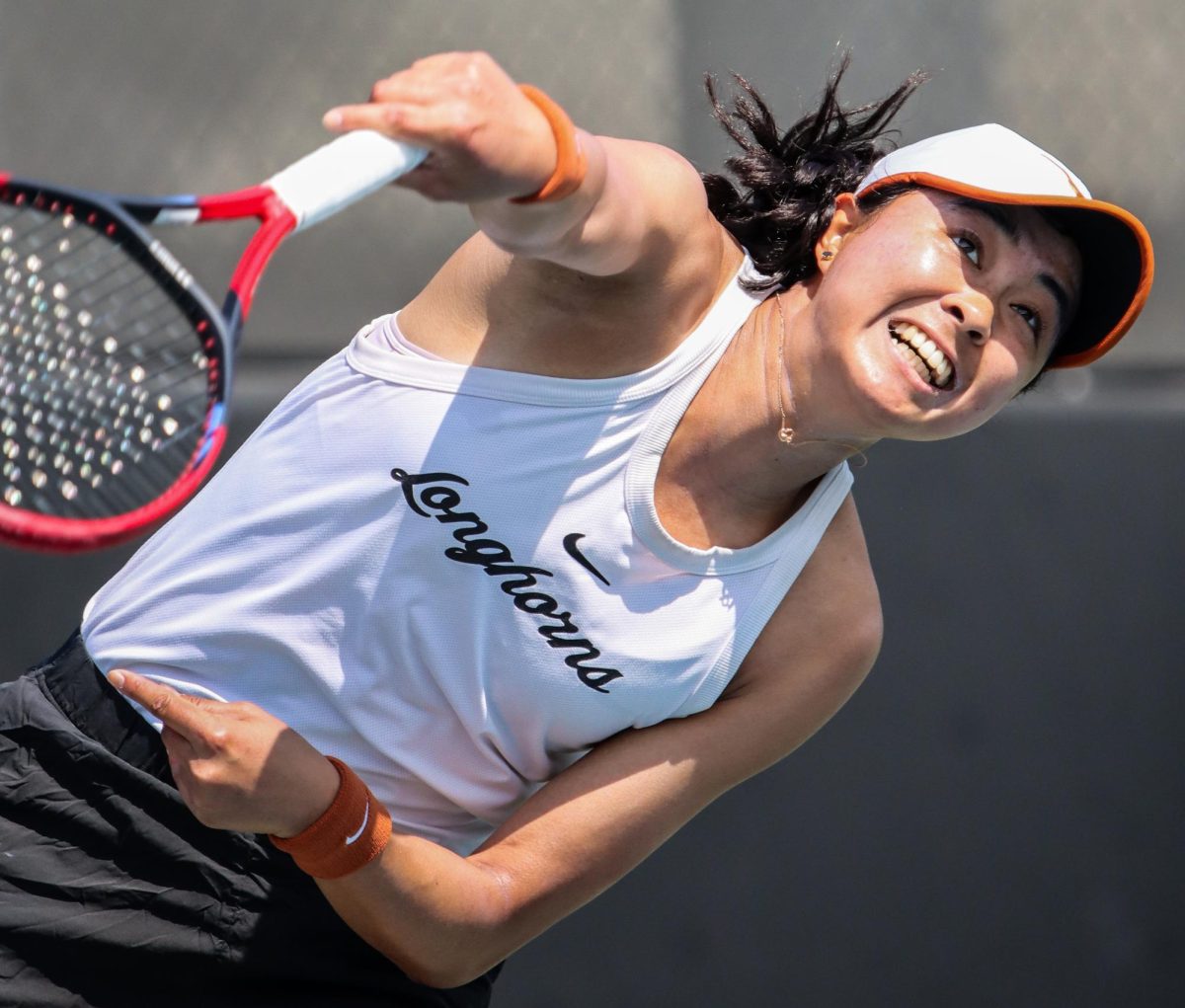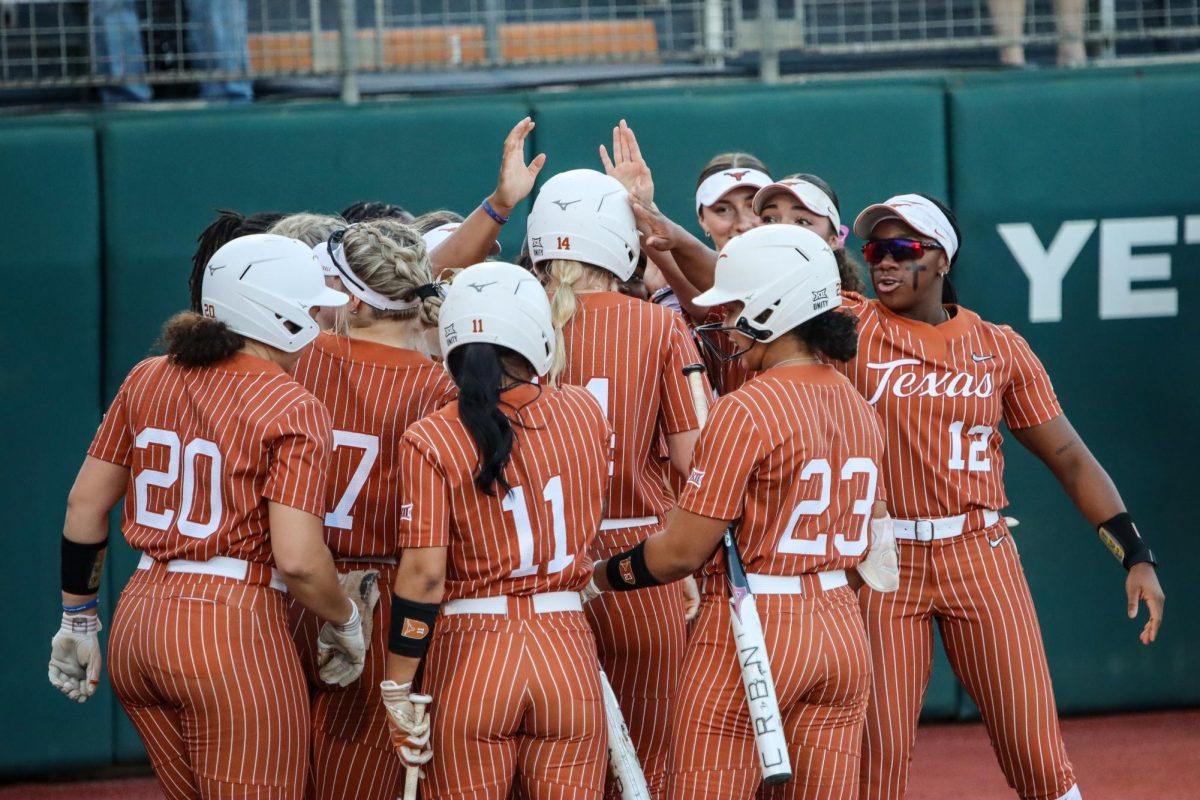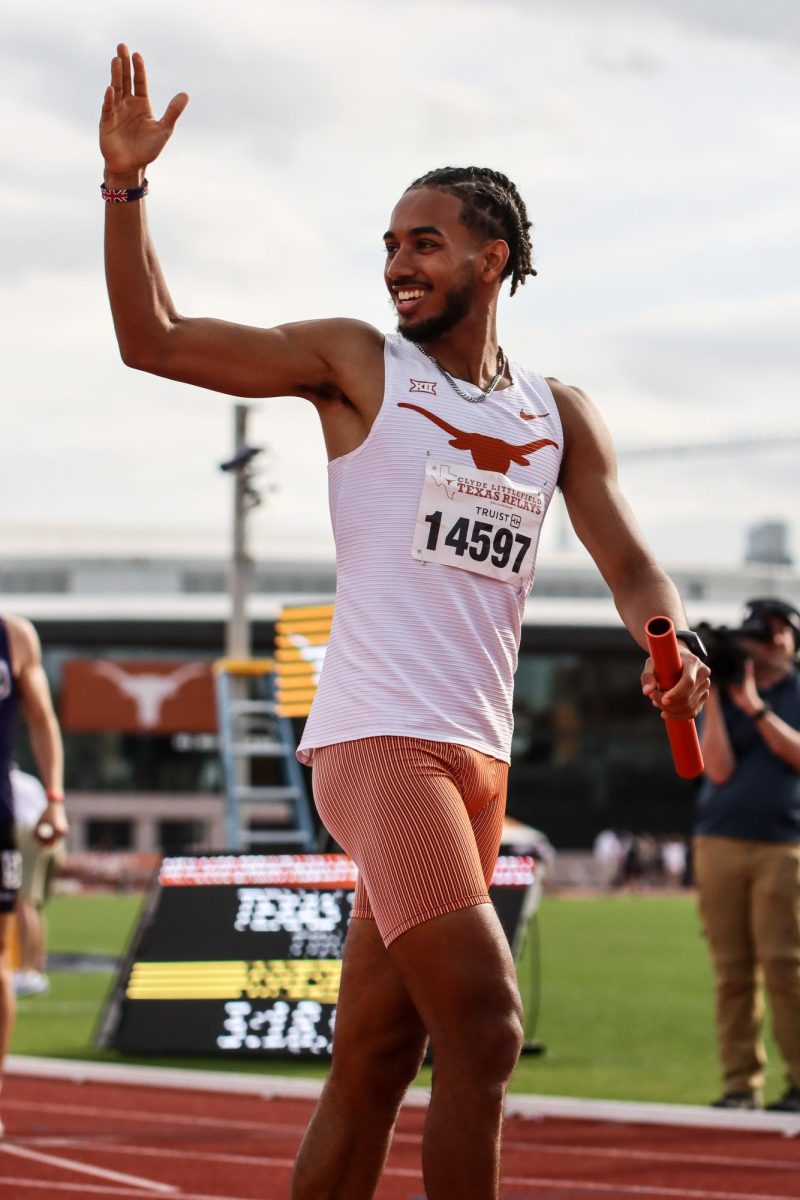Editor’s note: Leah Vann is a former sports writer for The Daily Texan who was diagnosed with acute myeloid leukemia in November 2010 and was cured in June 2011.
Andrew,
I’ll never forget that moment.
The doctor drew in a deep breath and looked at me, then at my mother. He wondered who he should say it to, as if it made a difference. “You have leukemia.”
I don’t know what you did, but I absolutely lost it. Anything I could find, I threw at the hospital wall. The box of tissues the nurses gave me. The remote to the television. The pillows and blankets. The bag of Chipotle I had eaten. The orange stress ball my mom found. I threw all of it.
And the worst part was when they rolled in the wheelchair, expecting me to sit in it as they took me to a pasty-blue room with an IV pole that beeped any time I ran out of medicine or my tube kinked up in my sleep.
“I can walk there myself. I’m an athlete,” I said.
“It’s a liability,” the nurse said.
I needed her to tell me that she understood I was a varsity track athlete and a competitive volleyball player — that I was healthy and fit, and there was nothing wrong with me.
No, I was not a 6-foot-4 basketball player for a Division I program, but as an athlete, I felt too prideful to be dependent on others, or a human-carrying chair on wheels.
Likewise, when people see athletes receive a cancer diagnosis, they picture an invincible human with tremendous physicality — a beacon of victorious health.
From one leukemia patient to another, that’s not the reality.
There was a time when I reached inexplicable fatigue. Walking small distances, talking or eating a sandwich left me breathless. It was annoying how stupidly difficult these tasks were for me, the athlete.
But this was a result of the chemotherapy killing off my bad and good cells, fighting for my life in the depths of my bloodstream.
Once the blood transfusion kicked in, I felt like I could run a marathon. But the IV pole’s tubes attached to my arteries held me captive.
I tried to walk every day to prevent pneumonia and maintain muscle mass, but was discouraged when I couldn’t make it as far as I thought. Despite it all, I was surprised by how much energy my body had when it wanted me to vomit.
Weakness is a state or condition of lacking strength, and physically. I was weak. But I answered the obligatory, “How are you feeling?” with, “I’m fine,” or, “A little better today,” so my peers felt at ease.
I realized strength isn’t always clothed in composure, and I had every right to cry or throw things out of sheer indignation.
I cried and questioned God’s existence in one breath but prayed to him in another. I asked him, “Why me?”
When the volleyball club called and asked me to be on the top team, wondering why I wasn’t at tryouts, I had to tell them I couldn’t play. So they made me an “honorary” team member.
I sat as a trophy of pity at a volleyball tournament, watching my team win and lose. I analyzed how the game would’ve looked if they had been playing with me and not for me.
When your teammates defeated No. 16 TCU in double overtime last Wednesday night, I wonder if you felt the same.
I cried. I picked up a volleyball and just held it. Just to feel it. Then someone came to shag it, and I threw it back just to test my physical strength.
Athletes don’t like to show what they believe to be weakness, but feeling all these emotions meant I was passionate about the life I live.
I used those emotions to take two cups of 12 pills every day. I ate when I could.
I progressively walked two steps further every day — three, if I was feeling ambitious. I blogged about sports, trying to gain a new perspective.
I talked to my friends about things outside the hospital walls, the latest gossip or Wade Phillips running the Dallas Cowboys into the ground.
But I grew tired of answering that “How are you feeling?” question.
I didn’t feel “fine” or “better today.”
I felt outraged, but strong.
— Leah




